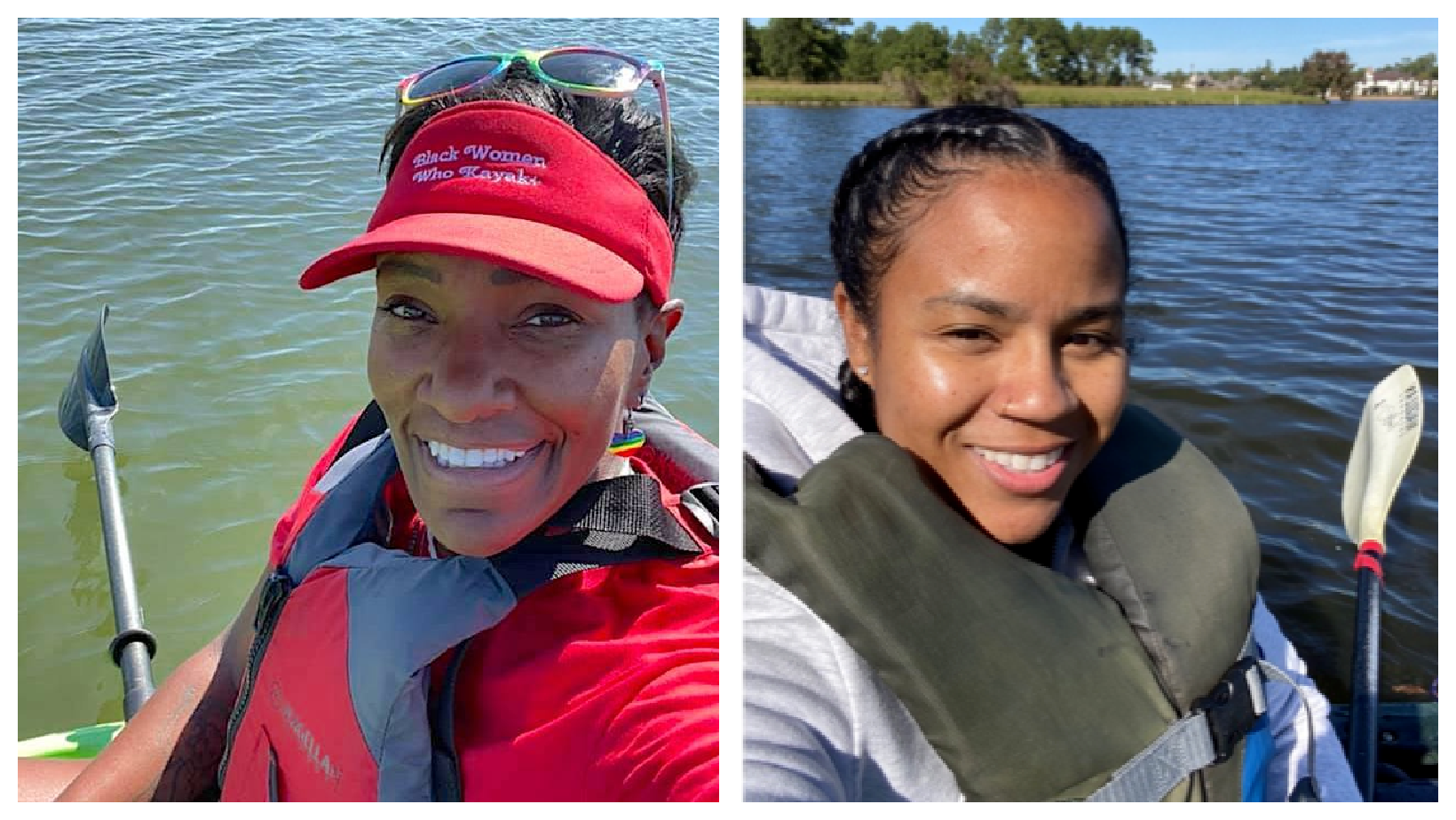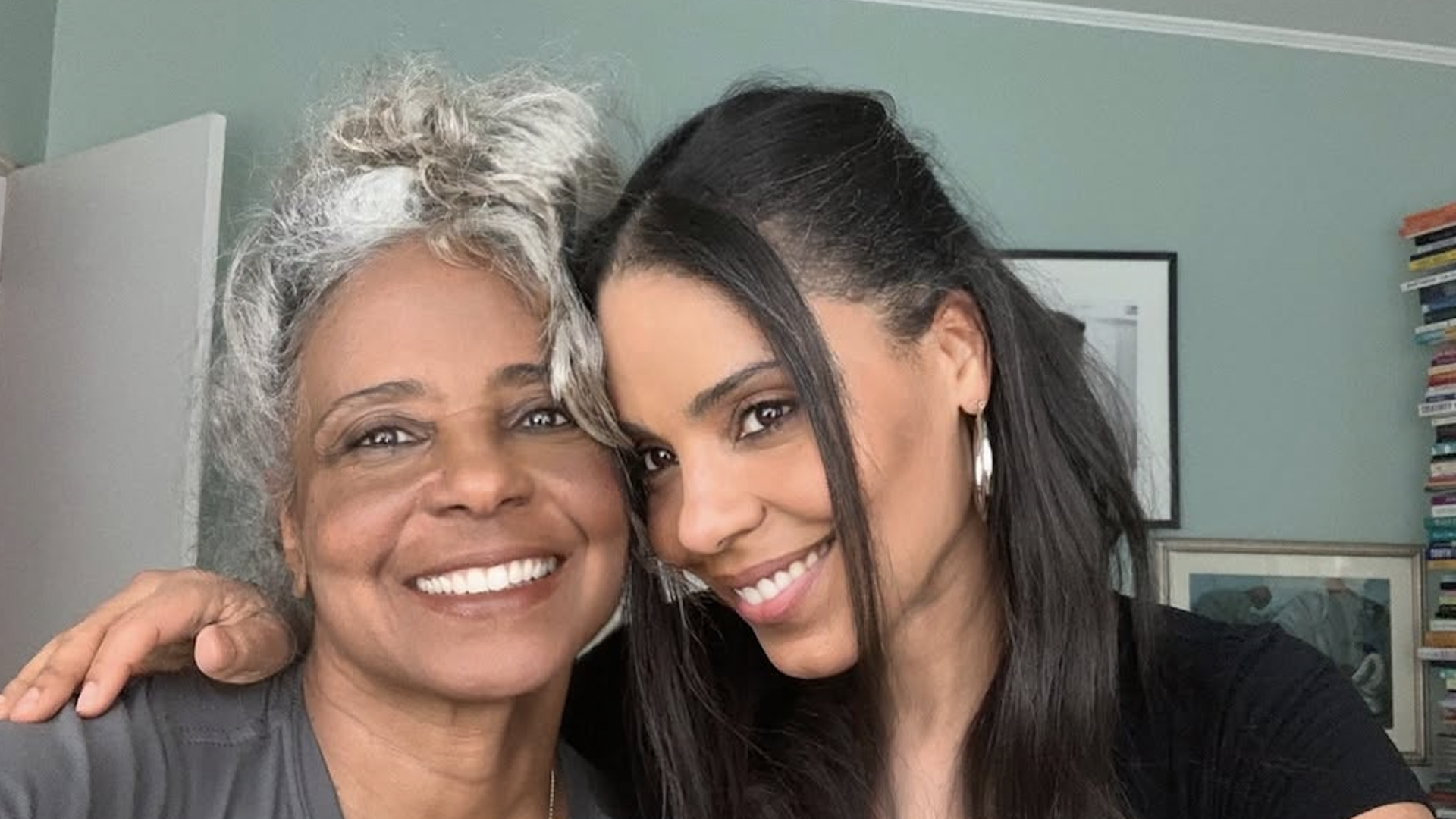
“Black people don’t do that kind of stuff.”
How many times have you heard that when the topic of outdoor activity comes up? If the answer is often, unfortunately you’re not alone.
The “nature gap,” referring to disparate diversity in outdoor recreation generated buzz a few years as the world awakened to the massive injustices Black people had been facing for years. A few years ago more than 50 CEOs of outdoor retailers pledged further diversity and inclusion in the white dominated space due to a public outcry of exclusionary practices. But, this issue didn’t make itself.
Studies show that BIPOC aren’t as likely to visit public parks and participate in outdoor recreation when compared to their White counterparts.
Missy Wilson, however, can’t relate.
Since she was a little girl, she said she always loved being in nature, something that her family encouraged. “I come from a kind of outdoorsy family,” the Marietta, Georgia native shared with Essence. “My aunt loved being outside, so she introduced me to a lot of things.”
Although Wilson said she enjoys all forms of outdoor activity, kayaking was what resonated the most with her. “The first time I went kayaking, actually, I went canoeing, at a summer camp just outside of Atlanta,” she explained. “It was the most fun I can remember having as a kid.”
Shortly after, Wilson’s mother rented her a canoe, sparking her love for the aquatic activity.
“I bought my own canoe in college, that’s how much I loved it,” she said. “I really craved being on the water and paddling, and it was just so much fun and relaxing, which was key for me even back then.”
Her connection to the sport was what made her eventual move to Texas more difficult than she imagined, mostly due to the lack of access to a Black kayaker community. “I completely neglected it when I was no longer in Georgia which really affected me.”
It wasn’t until the pandemic hit did she decide to reignite her passion for the outdoors, but she needed to secure a network of support first. That’s what she found in a cursory Google search, she said.
“I just typed in black women who kayak and that’s how I found Black Women Who Kayak+,” Wilson said. “I was so excited to find them that I drove from Houston to Austin to participate in the event they were hosting,” a feat that should be applauded since it was a three hour drive.
Founded by fellow nature lover Tanya Walker, Black Women Who Kayak+ is an empowerment platform that connects like-minded Black women to each other and outdoor adventures. What started as a Facebook group has grown into a movement. “I had been kayaking for at least over 18 years,” Walker shared. She said she discovered the activity after a spiritual leader introduced her at a camp in her senior year of high school. “They kind of wanted to pluck me out of my environment and introduce me to something that Black girls like me didn’t always get to experience.”
Like Wilson, that early exposure grew into a life-long love. But for years, Walker noticed there weren’t many around that looked like her.
“It just so happened I started seeing more people of color out on the water after the pandemic,” she explained. “And then it just seemed like there was an opportunity to start this group.”
Now, the group has garnered the attention and support of the team at Grape Nuts. After Walker posted a GoFundMe page to raise funds to support group members’ excursions through Alaska, she was shocked to see the $12,500 goal had been met. “I thought it was a joke at first,” Walker said laughingly. Turns out, the brand found her page and donated the funds in honor of Women’s History Month and in an effort to amplify diversity in outdoor activity.
“It was such an honor that out of all the organizations they could’ve chosen, they saw us,” Walker said.
Because of the donation, Wilson will be trekking across Alaska in a kayaking excursion in August. “It’s a once in a lifetime adventure that I’m so grateful to be partaking in,” she said. “It’s traditionally taboo in our community to do anything like this but it’s so enriching for the mind and I wish more of us realized that. This isn’t something that’s just reserved for white people. We do things like this too.”




